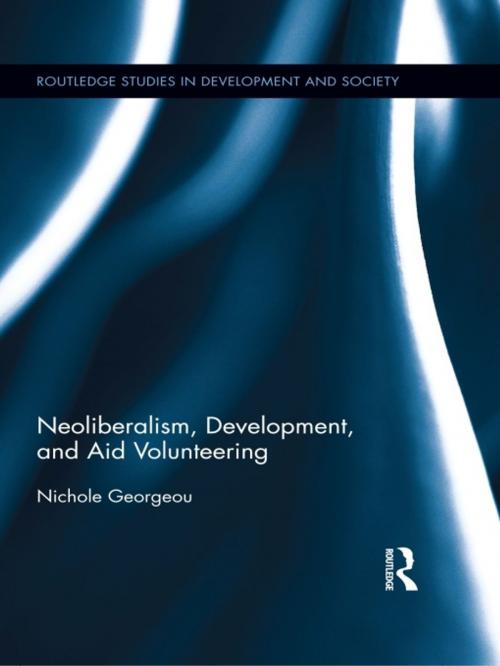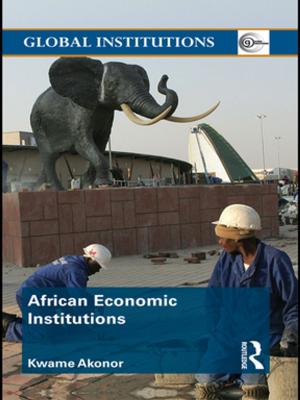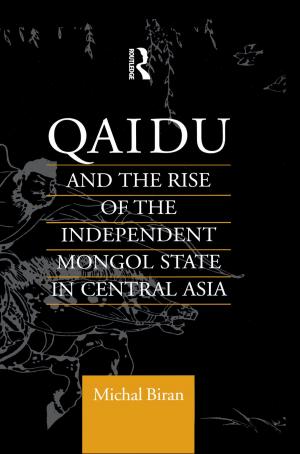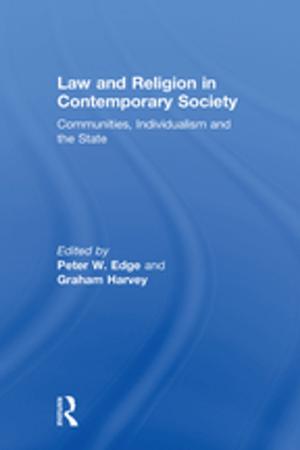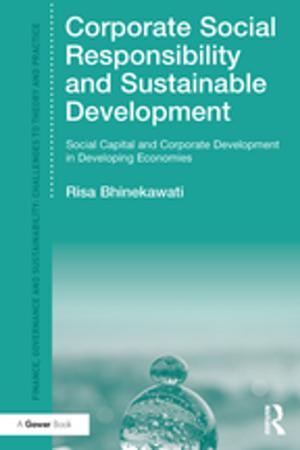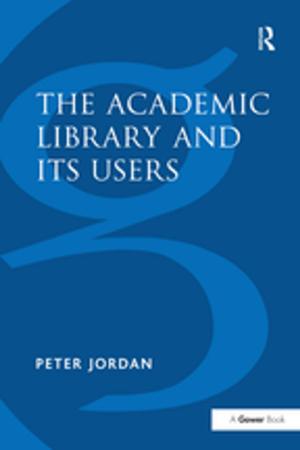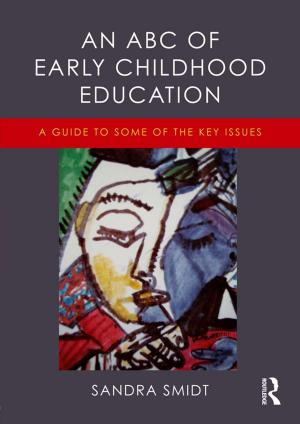Neoliberalism, Development, and Aid Volunteering
Nonfiction, Social & Cultural Studies, Social Science, Volunteer Work, Social Work, Sociology| Author: | Nichole Georgeou | ISBN: | 9781136229411 |
| Publisher: | Taylor and Francis | Publication: | October 12, 2012 |
| Imprint: | Routledge | Language: | English |
| Author: | Nichole Georgeou |
| ISBN: | 9781136229411 |
| Publisher: | Taylor and Francis |
| Publication: | October 12, 2012 |
| Imprint: | Routledge |
| Language: | English |
This work comes at an important time of global crisis and change, where the world is ravaged by natural disasters, wars and poverty. This has increased the pressure on governments and other organisations, such as volunteer sending agencies, which provide aid, and we have seen an upward trend in the number of people volunteering abroad. Within this volatile environment, neoliberal ideology on how aid should be provided and implemented has become embedded in how policy is formulated. A market-driven model of aid provision has become the norm, and governments are increasingly focused on international development volunteering as a form of ‘soft diplomacy’.
This is the first qualitative empirical study of international development volunteering. The book contributes theoretical knowledge on International Volunteering Sending Agencies (IVSAs) and examines practitioner experience in development volunteering in the context of emerging policy developments. Critical analysis highlights the impact of global and social changes and provides a nuanced understanding of development volunteer motivation, and the relationship between volunteers and sending agencies. The book also puts forward an agenda and model for volunteer sending that addresses the complexities and diversity of the volunteer experience.
This work comes at an important time of global crisis and change, where the world is ravaged by natural disasters, wars and poverty. This has increased the pressure on governments and other organisations, such as volunteer sending agencies, which provide aid, and we have seen an upward trend in the number of people volunteering abroad. Within this volatile environment, neoliberal ideology on how aid should be provided and implemented has become embedded in how policy is formulated. A market-driven model of aid provision has become the norm, and governments are increasingly focused on international development volunteering as a form of ‘soft diplomacy’.
This is the first qualitative empirical study of international development volunteering. The book contributes theoretical knowledge on International Volunteering Sending Agencies (IVSAs) and examines practitioner experience in development volunteering in the context of emerging policy developments. Critical analysis highlights the impact of global and social changes and provides a nuanced understanding of development volunteer motivation, and the relationship between volunteers and sending agencies. The book also puts forward an agenda and model for volunteer sending that addresses the complexities and diversity of the volunteer experience.
